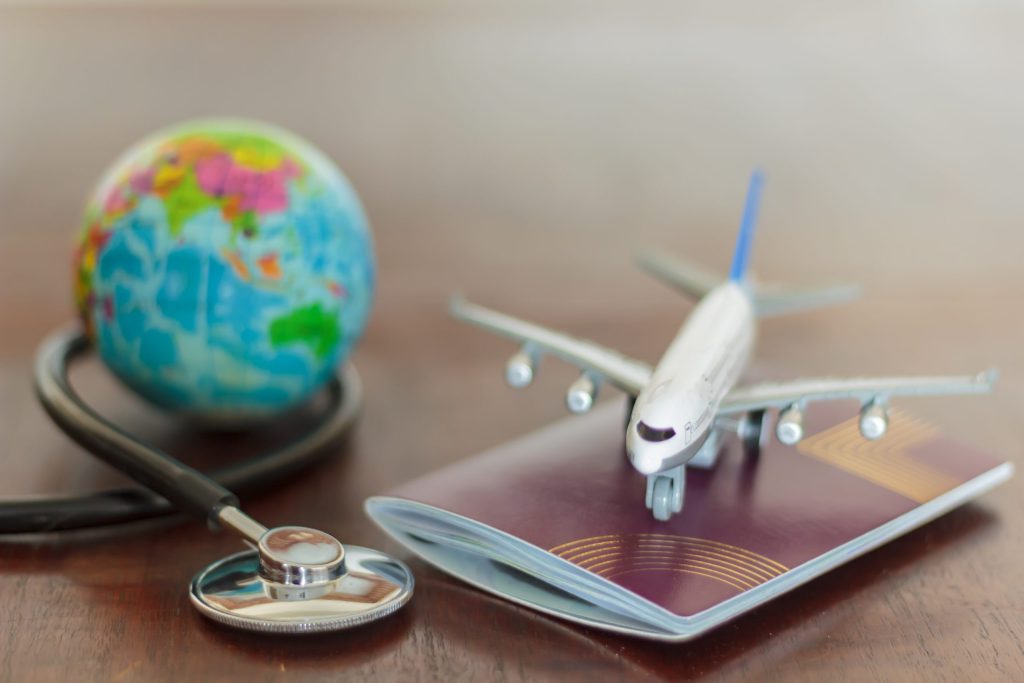
Whether you’re traveling for rhinoplasty in Dubai or dental implants in Birmingham traveling for a medical procedure can be a stressful and even overwhelming experience because it typically means leaving one’s familiar surroundings, navigating an unfamiliar healthcare system, being away from one’s support network, and dealing with the uncertainty and risks associated with the medical procedure itself.
Luckily, there are things you can do to help make the process smoother.
Coordinate With Your Doctor
Being on the same page with your surgeon before you set off is key to making sure that things go smoothly. You don’t want to get there and have your stay lengthed because of things like insurance mistakes, incomplete medical information, and poor accommodation.
Talk to your doctor about everything that needs to be in order before your visit. For example, it’s a good idea to find out about insurance requirements, what is and isn’t covered. You also want to send them a comprehensive medical history, including any allergies, medications, and past procedures. They may even have recommendations for nearby hotels or other accommodations and may be able to help you arrange transportation to and from the hospital or clinic.
Pack Carefully
You don’t want to end up in an unfamiliar location without the right items with you.
First, pack comfortable clothing that will be easy to put on and take off. Loose-fitting clothing is usually best, as it’s less restrictive and more comfortable. It’s a good idea to also pack items that bring you comfort, such as a favorite pillow, blanket, or stuffed animal to help reduce any anxiety.
You also want to bring a list of emergency contacts, including your doctor’s phone number and the phone number of someone you trust who can help you if you need assistance.
Have a Support System
Speaking of someone you trust who can help you if you need assistance, having a support system is essential before undergoing any medical procedure.
Reach out to your family or friends and ask if they can accompany you on your trip. If that’s not an option, there are alternatives.
You can hire a caregiver, look for local support groups in the area where you’ll be traveling, or use online resources such as social media groups or forums to connect with others who have gone through similar experiences for advice and support.
Have a Backup Plan
Things go wrong so consider what you will do if your procedure is delayed or canceled, or if you experience unexpected complications.
For example, consider purchasing travel insurance that includes coverage for medical emergencies and trip cancellations. You can also talk to your doctor about potential delays or cancellations and ask for their recommendations on how to handle these situations. They may be able to provide you with alternative treatment options or arrange for care in your hometown if necessary.
Traveling for a medical procedure should not be done lightly without preparation. Coordinating with your doctor, packing carefully, having a support system, and planning a backup are all steps in the right direction.
Leave a Reply